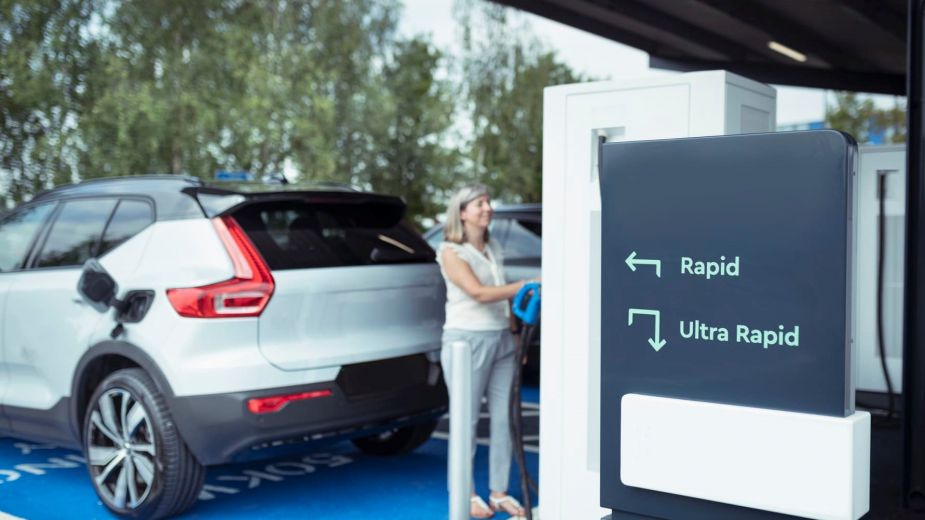In 2022, the Department for Transport pledged to install six rapid or ultra-rapid chargers at every motorway service station.
In 2022, the Department for Transport pledged to install at least six rapid or ultra-rapid chargers at every motorway service area by the end of 2023. But only 46 of the 119 sites meet the target. Reports the RAC>
Installing high-powered chargers on motorways and major A roads is a crucial part of the Government’s plan to encourage more drivers to switch to electric vehicles, as it is hoped this will dispel drivers’ fears of running out of charge on long journeys. High-powered chargers can deliver 100 miles of range to an electric vehicle in around 35 minutes.
The Government wants around 6,000 of these chargepoints on strategic roads by 2035. Yet so far, only 581 have been installed on England’s motorways. There would be at least 714 if the Government had met its target for 2023.
In 2020, the Government set aside £950m to support the rollout of these chargers. The fund was designed to provide grants covering the cost of upgrades in motorway services areas where it is not commercially viable for private firms to install chargers.
However, as of last month, the Department of Trade had allocated just £70m from this pot to a pilot scheme involving upgrades at 10 motorway service stations.
Shadow transport secretary Louise Haigh was quick to point out after the announcement of the pilot scheme that this £70m makes up just 7pc of the £950m in promised funding. “How many more years will drivers have to wait for the rest?” she wrote on the platform X, formerly Twitter.
One reason for the delay is that the fund has faced investigations from the regulator. The Competition and Markets Authority has previously flagged concerns that the fund could entrench competition problems in the industry.
As well as unveiling the pilot scheme, the Government opened a consultation, closing in February, on the design of the fund and where chargers are needed most.
Only 18 service areas have no rapid charging, according to the RAC. However, four have no charging facilities at all, including Leicester Forest on both sides of the M1, Tebay South on the M6, and Barton Park on the A1(M).
The Government has promised that the UK will phase out sales of new petrol and diesel cars and vans by 2035, as part of its commitment to meet net zero greenhouse gas emissions by 2050.
Simon Williams, of the RAC, said: “It’s clear from our research that the Government has fallen well short of its target of having six high-powered chargers at every motorway service area in England.
“There is undoubtedly an eagerness among chargepoint companies and motorway service operators to install these types of units but unfortunately, it’s often the high-power cabling to the grid that’s the major barrier which is out of their hands.
“More clearly needs to be done to make this process simpler than it is currently.
“Hopefully once the Government’s rapid charging fund kicks fully into action, some of these hurdles will be overcome.
“We continue to believe that the wide availability of ultra-rapid charging is crucial in giving both current and future EV drivers confidence to know they can easily make journeys beyond the range of their vehicles in a time-efficient way.”
A Department for Transport spokesman said: “The number of public chargepoints is surging across the country and around 96pc of motorway services now offer charging facilities for drivers.
“As well as our £70m pilot to help roll out ultra-rapid chargepoints on motorways, we are driving forward the biggest reforms to our electricity grid since the 1950s – halving the time it takes to build networks, and speeding up connections.”
Source: RAC




